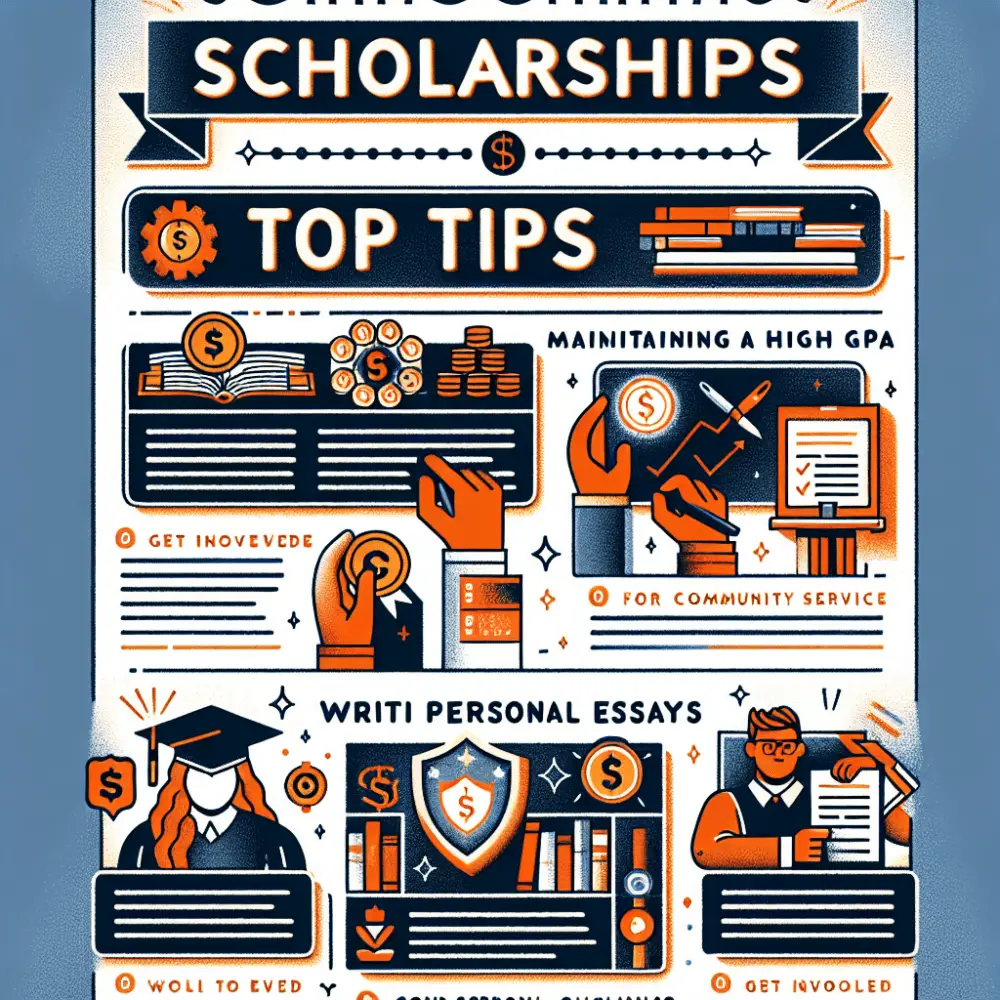Studying in Canada offers a world-class education experience, enriched by its multiculturalism, stunning landscapes, and vibrant cities. However, high tuition fees can pose a significant barrier for many prospective students. Fortunately, a plethora of scholarships are available, offering financial assistance to aspiring scholars. This article provides a comprehensive guide to your Canadian scholarship journey, offering valuable tips and strategies to increase your chances of success in 2025.

1. Start Early and Research Extensively
The key to securing Canadian scholarships lies in proactive planning. Start your research at least a year in advance of your intended study period. Explore various scholarship databases, university websites, and government resources.
Popular Scholarship Resources:
- Canadian Bureau for International Education (CBIE): https://www.cbie.ca/
- Scholarship Canada: https://www.scholarshipscanada.com/
- Government of Canada Scholarships and Grants: https://www.canada.ca/en/immigration-refugees-citizenship/services/study-canada/study-permits/post-graduate-work-permit/scholarships-grants.html
2. Understand Eligibility Criteria
Each scholarship has its own unique set of eligibility criteria, encompassing factors like nationality, academic record, field of study, and sometimes even extracurricular involvement. Carefully read each scholarship’s requirements to ensure you qualify.
Pro Tip: Tailor your applications to specific scholarships by highlighting relevant skills and experiences.
3. Craft a Compelling Application
Your application essays and personal statements are crucial to showcasing your strengths and aspirations.
- Tell a Story: Engage the reader with a captivating narrative that highlights your academic journey, motivations, and goals.
- Showcase Your Uniqueness: Emphasize your distinctive qualities, skills, and experiences that make you stand out from other applicants.
- Seek Feedback: Have your essays reviewed by trusted individuals like teachers, counselors, or friends for constructive criticism.
4. Seek Letters of Recommendation
Request letters of recommendation from professors, mentors, or employers who can speak to your academic abilities, character, and potential.
- Provide Ample Notice: Give recommenders sufficient time to write thoughtful and personalized letters.
- Offer Context: Share your scholarship goals and the program you’re applying for, highlighting relevant achievements.
5. Pay Attention to Detail
Proofread your application meticulously for any errors in grammar, punctuation, or formatting. A polished application demonstrates professionalism and attention to detail.
6. Network and Build Connections
Attend scholarship workshops, connect with international student organizations, and reach out to current students at your target universities. Networking can provide valuable insights and potential mentorship opportunities.
7. Explore Indigenous and Minority Scholarships
Numerous scholarships are specifically designed to support Indigenous students, students from underrepresented communities, or individuals facing financial barriers.
8. Consider Non-Academic Scholarships
Don’t overlook scholarships based on extracurricular activities, leadership qualities, athletic abilities, or specialized skills.
9. Apply for Multiple Scholarships
Increase your chances of success by applying for as many scholarships as you are eligible for. Remember, even smaller scholarships can contribute significantly to funding your education.
10. Follow Up and Stay Organized
After submitting your applications, track deadlines and follow up with scholarship providers if necessary. Maintain organized records of all your applications, including deadlines, requirements, and communication.
Frequently Asked Questions (FAQs)
Q: How much are Canadian scholarships worth?
A: Scholarship amounts vary widely, ranging from small grants to full tuition coverage, including living expenses.
Q: Are there scholarships for international students?
A: Yes, many scholarships are specifically designed for international students, supporting their educational pursuits in Canada.
Q: What is the best scholarship for me?
A: The "best" scholarship depends on your individual circumstances, academic record, field of study, and personal goals.
Q: When are Canadian scholarship deadlines?
A: Scholarship deadlines vary significantly; some have rolling deadlines, while others have specific application periods. Always check the specific scholarship guidelines.
Q: Is it difficult to win a Canadian scholarship?
A: Securing a scholarship requires dedicated effort, thorough research, and strong applications. While competition can be fierce, many deserving students succeed through perseverance and preparation.
Conclusion
Securing a Canadian scholarship can be a truly rewarding experience, offering financial support and opening doors to exciting educational opportunities. By following these tips, starting your research early, and crafting compelling applications, you can significantly enhance your chances of success in the 2025 academic year. Remember, the journey may be challenging, but the rewards are well worth the effort.
Closure
Thus, we hope this article has provided valuable insights into Navigating the Landscape: Top Tips for Securing Canadian Scholarships in 2025. We thank you for taking the time to read this article. See you in our next article!